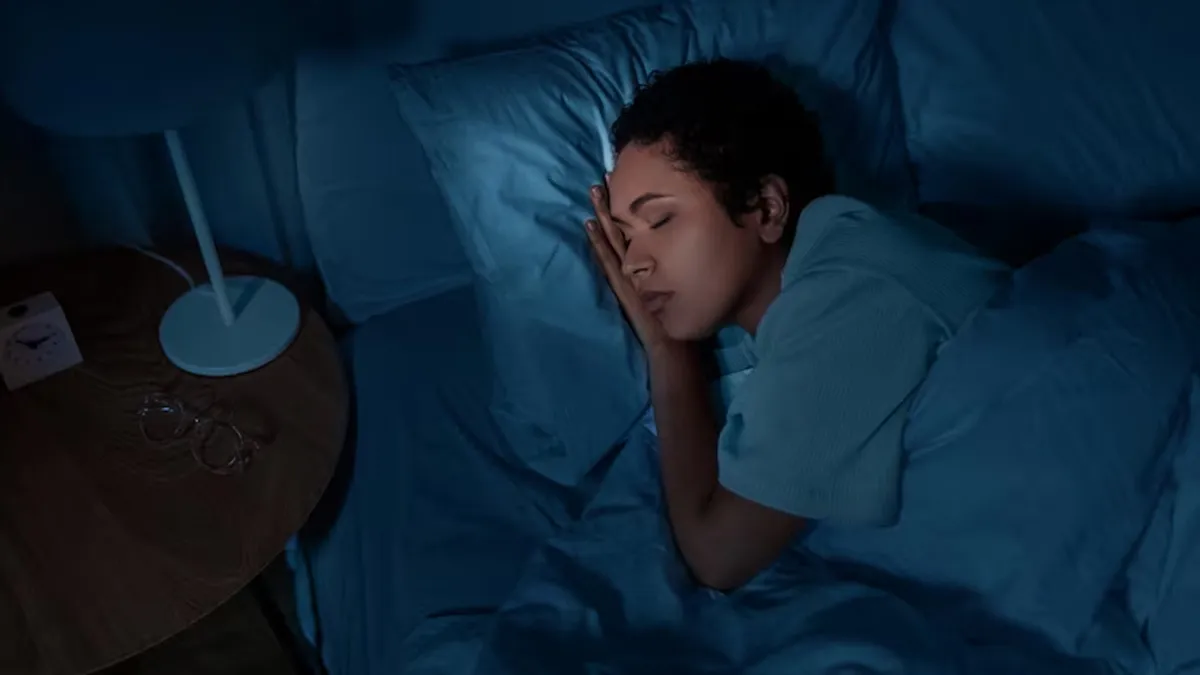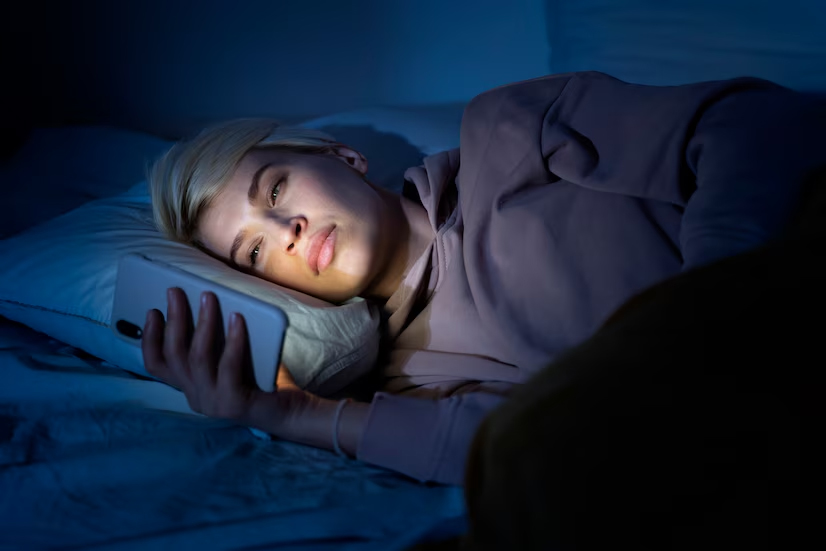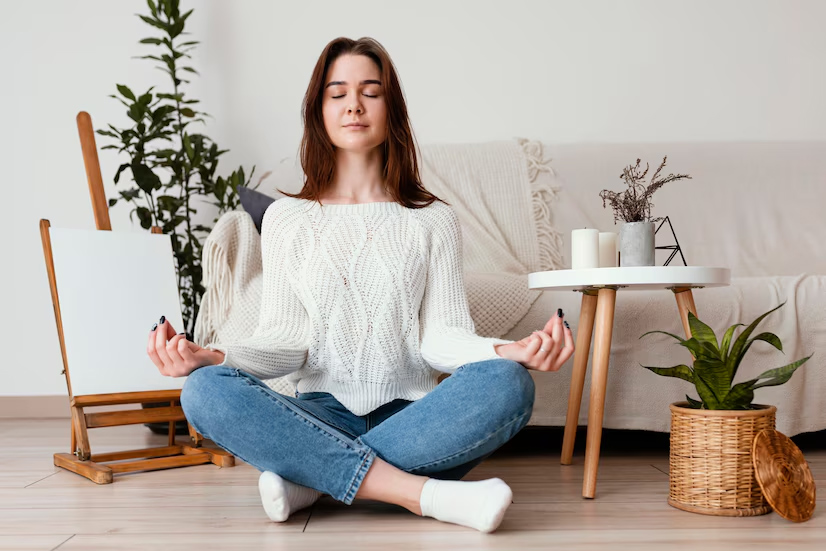
Sleep is crucial for overall health and well-being, yet many people struggle to get adequate rest. Poor sleep hygiene can lead to fatigue, irritability, and long-term health problems. Improving sleep hygiene involves adopting practices that promote a consistent, restful sleep. Here are 12 tips and how to implement them:
Table of Content:-
1. Maintain a Consistent Sleep Schedule
Go to bed and wake up at the same time every day, even on weekends. This helps regulate your body’s internal clock, making it easier to fall asleep and wake up naturally. Set a bedtime and wake-up alarm, and stick to it. Use wind-down rituals like reading or meditating to signal your brain that it’s time to sleep.
2. Create a Relaxing Bedtime Routine
Engaging in calming activities before bed prepares your body and mind for sleep. Spend 30 minutes on relaxing activities like yoga, deep breathing exercises, or listening to soothing music. Avoid stressful conversations or stimulating media.
3. Limit Exposure to Screens

Blue light from phones, tablets, and computers can interfere with melatonin production, disrupting sleep. Stop using screens at least an hour before bedtime. Use blue light filters or wear blue light-blocking glasses if necessary.
4. Optimise Your Sleep Environment
Your bedroom should be a sanctuary for sleep, free of distractions and discomfort. Keep the room cool (around 18-20°C), dark, and quiet. Invest in comfortable bedding and use blackout curtains or an eye mask.
5. Limit Caffeine and Nicotine

Both are stimulants that can keep you awake, especially when consumed later in the day. Avoid caffeinated drinks like coffee, tea, and energy drinks after 3 PM. Consider herbal teas or decaffeinated options in the evening.
6. Watch What You Eat and Drink
Heavy meals, spicy foods, and alcohol can disrupt your sleep. Eat dinner at least 3 hours before bedtime, and avoid rich or acidic foods. Stay hydrated, but limit water intake right before bed to reduce nighttime awakenings.
7. Get Regular Exercise

Physical activity can promote better sleep, but timing is crucial. Aim for at least 30 minutes of moderate exercise most days, but avoid intense workouts within 2 hours of bedtime.
8. Expose Yourself to Natural Light
Exposure to sunlight during the day supports your circadian rhythm. Spend time outdoors or near a window in the morning. If natural light is limited, consider using a light therapy lamp.
9. Limit Naps
While short naps can be refreshing, long or late naps can interfere with nighttime sleep. If you must nap, keep it under 30 minutes and avoid napping after 3 PM.
10. Avoid Clock-Watching
Obsessing over time can increase anxiety and make it harder to fall asleep. Turn your clock away from you or remove it from your bedroom. Use an alarm that doesn’t require constant checking.
11. Practice Stress Management

Stress and anxiety are major contributors to sleep problems. Incorporate relaxation techniques like journaling, mindfulness, or progressive muscle relaxation into your evening routine.
12. Seek Professional Help When Needed
Persistent sleep problems may indicate an underlying condition like insomnia or sleep apnea. Consult a healthcare professional if you consistently struggle with sleep, snore loudly, or feel tired despite adequate rest.
By adopting these sleep hygiene practices, you can transform your nights and improve your days. Remember, consistency is key—small changes made today can lead to better sleep and a healthier life tomorrow.
Also watch this video
Read Next
Did You Know Night Shift Workers Have Higher Risk of Cancer? Expert Tips On How to Stay Safe
How we keep this article up to date:
We work with experts and keep a close eye on the latest in health and wellness. Whenever there is a new research or helpful information, we update our articles with accurate and useful advice.
Current Version